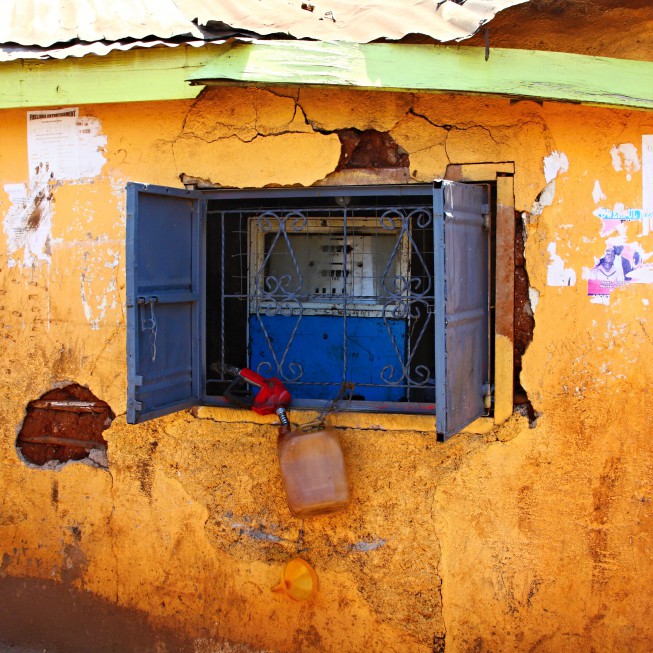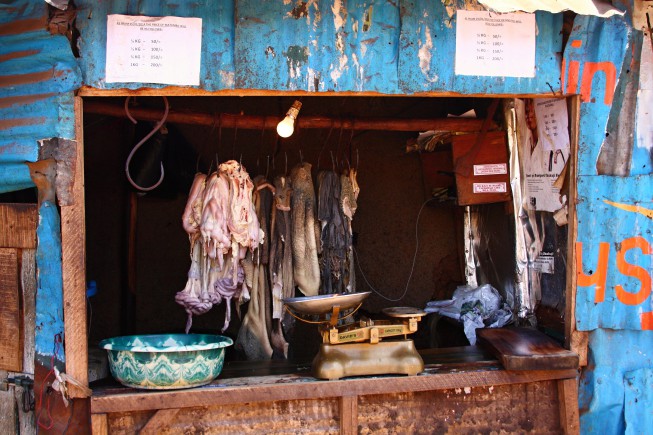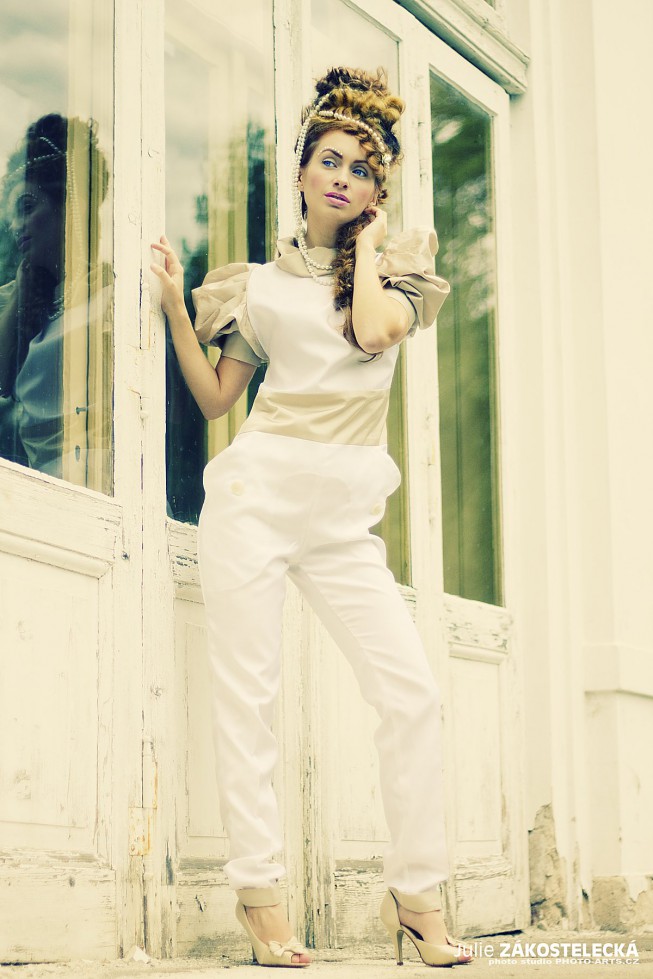Cities Are Photography Heaven

The city contains everything a keen-eyed photographer will ever need. You can make it a studio, a still life, or a landscape. It’s full of architecture, of course, but also great for reportage and documentary photography. You’ll even find macro! It really all just depends on your own photographic desires. In this article I’d like to open your eyes to all the things a city can show you.
The city is a very attractive photographic subject, because it’s a place where you can find fodder for just about any genre. Landscapes… reportage… still life… even studio-like photography with the city as your background.
Some cities radiate culture and history; others are very modern; others still are industrial; others even radiate danger, when you’re on the wrong streets. And all of them have magic. If you can capture that magic with your camera, then your photos will be that much the better for it.
The City as Still Life
First, a refresher on what a still life even is. There are a lot of definitions out there, but I prefer this one: “A still life is something inanimate that you can pass onwards.”
You can find still lifes in the city practically everywhere. Non-photographers often accidentally arrange diverse objects in interesting ways that immediately draw your attention if you’re a photographer. Many photographs of urban still-lifes that you see were taken thanks to such happy accidents.
A typical example of an accidental still life. This scene was created by ordinary people, who evidently don’t know anything special about photography. But they didn’t escape the photographer’s attentive eye. Photo: Condor (both pictures)
The City as Reportage Heaven
There are a lot of people in a city, of course! All those people are always doing something, and so a reportage photographer can always find something in the city worth photographing. And the various events you can find happening in a city are a chapter all their own. Cultural and sports events offer a variety of moments where a reportage photographer can train, or show off their training. These events also make your work easier! People there already expect for there
to be photographers around.
The opposite to this is photographing day-to-day life. You’ll have to find a way to make that work. You may want to shoot from a distance, or try using equipment that doesn’t draw attention. Or just smile and ask your “victims” for permission. Each method has its pros and cons.
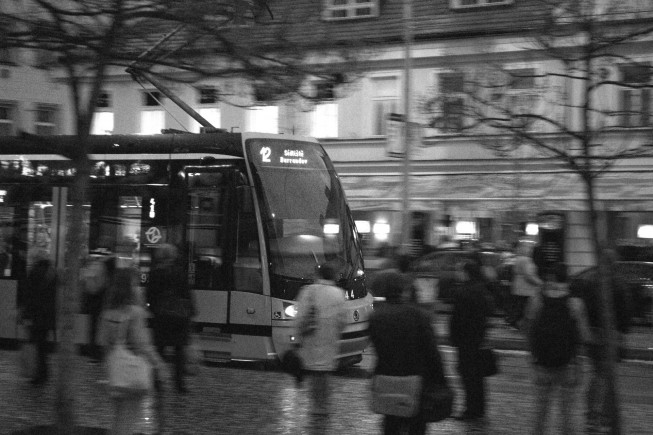
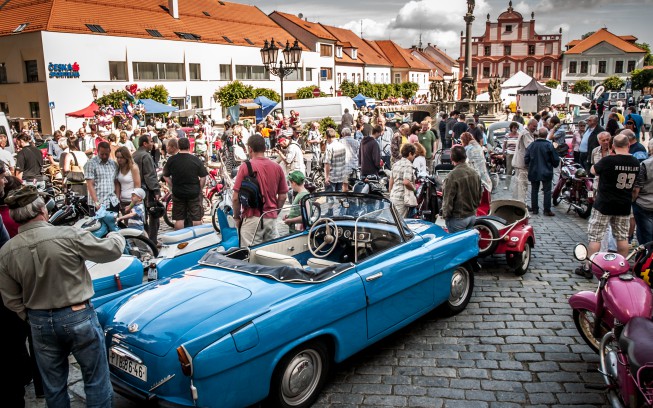
The City as Studio
Fashion photographers love to use the city this way, but why let them have all the fun? Make the city your studio—maybe even your only studio! The city has a lot of views to choose from. Often you don’t even need props, because the environment itself is already diverse and interesting enough. In this photo, props would do more harm than good.
Whenever you decide to shoot a portrait or other stylized picture in the city, think about the shot surroundings. About whether it’s an older, modern, or industrial area. In short, match the spirit of the city to the spirit of your photo.
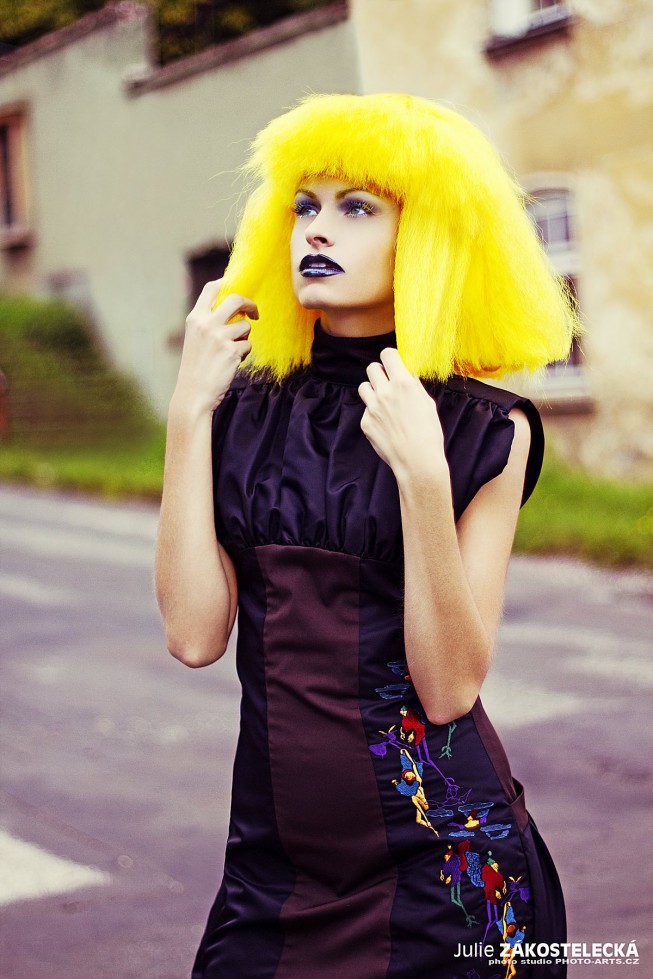
Architecture
Definitely the most dominant thing in the city is its architecture. Just as you can tell a tree’s age from its rings, you can tell a city’s age from its architecture. Photographers focused only on photographing architecture are essentially urban landscape photograhers. After all, they are photographing the city’s landscapes.
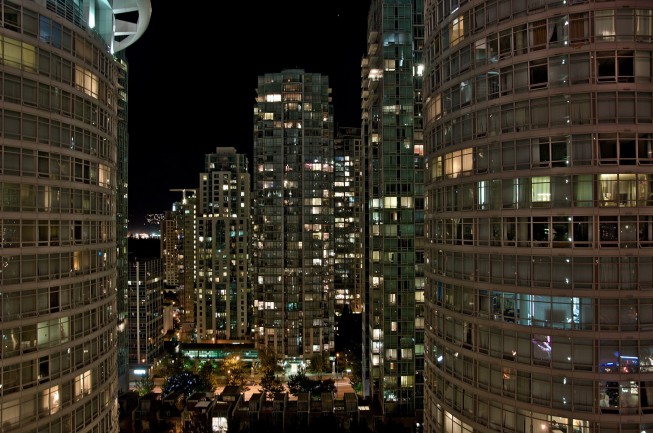
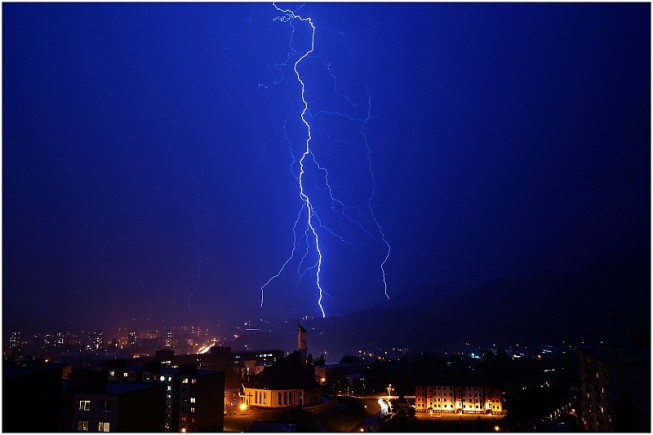
The urban world has something to offer for every photographic discipline, and it’s just up to you what kind of picture you want to find in the city. Take advantage of the elements that this environment has to offer, and harness them for photography.
Watch the lines, the reflections, as well as the weather; find out when and where people come together, as well as which areas are deserted. Knowledge of the environments you’ll be
photographing is a great tool in your toolbox, and it’ll give you better urban photos.
(Note: all the photographs used in this article were hand-picked from Zonerama galleries.)
